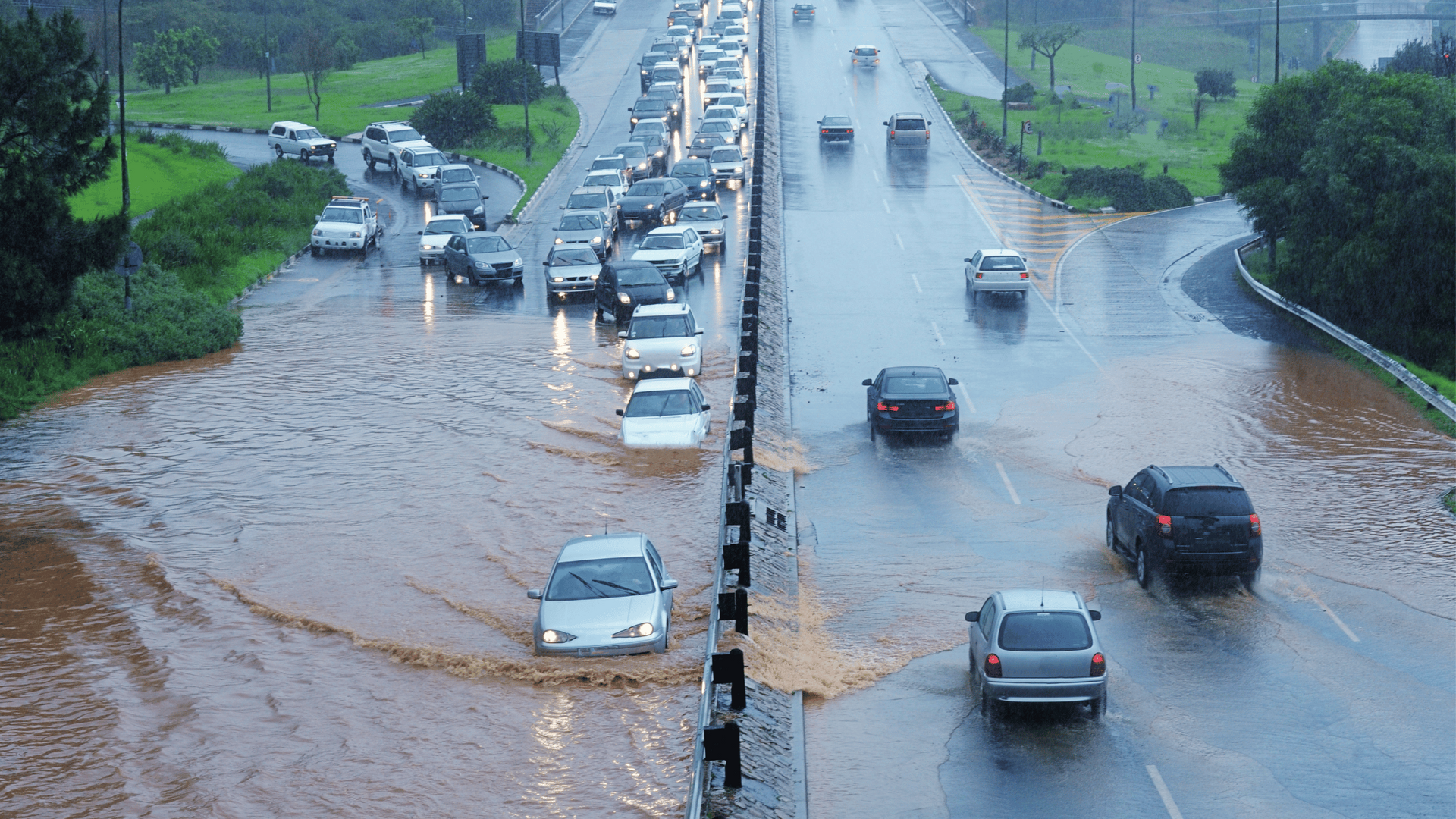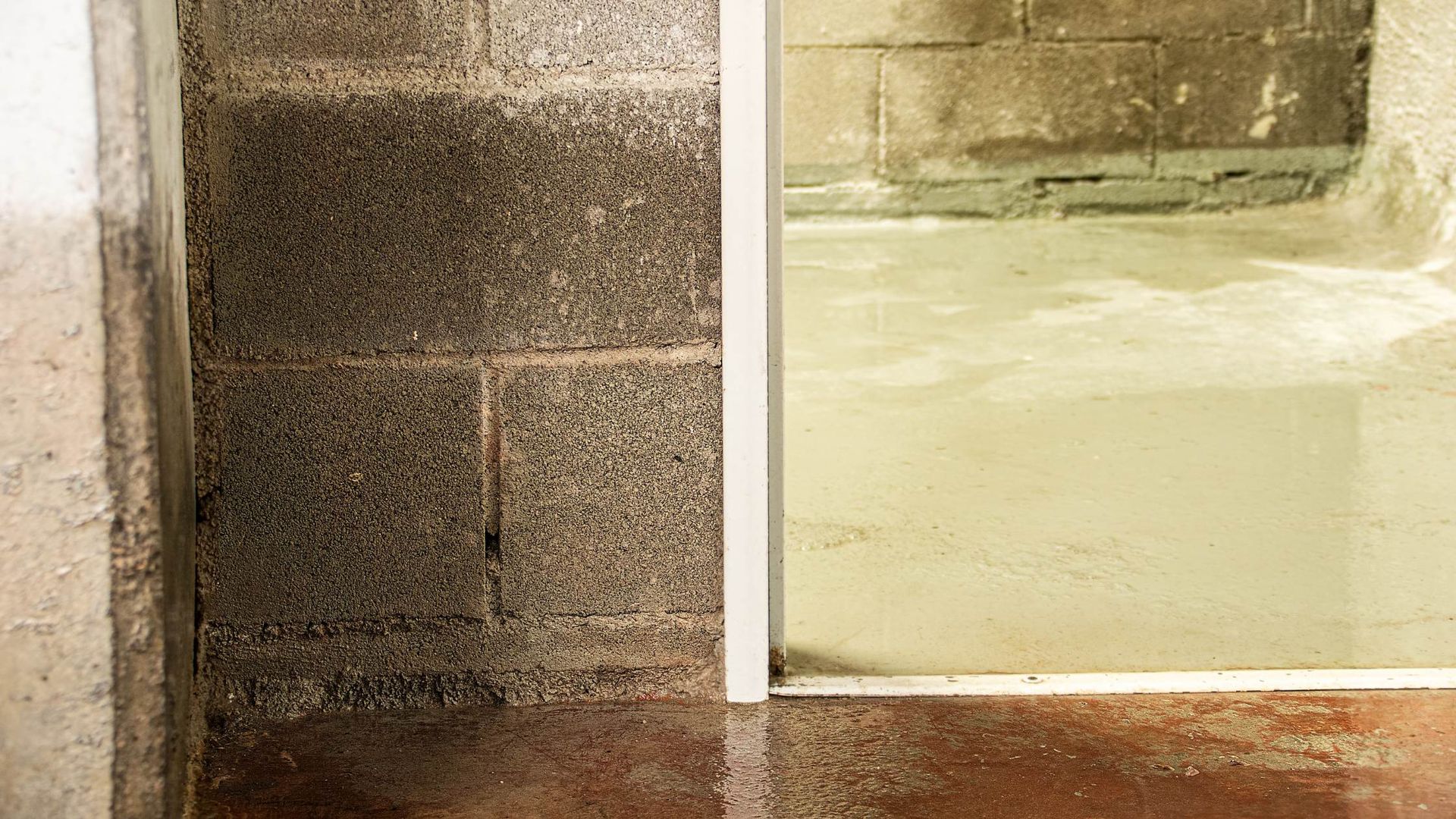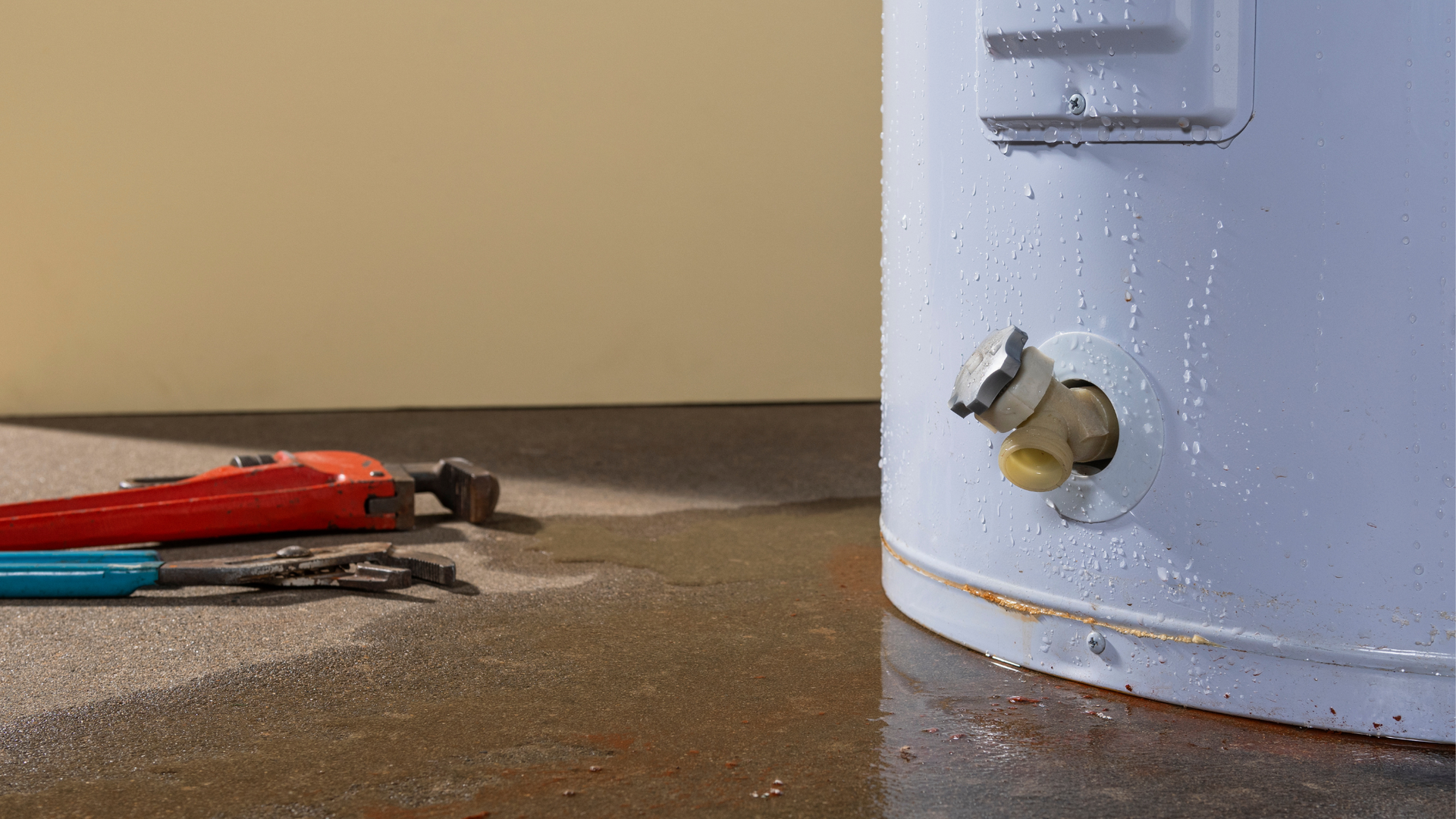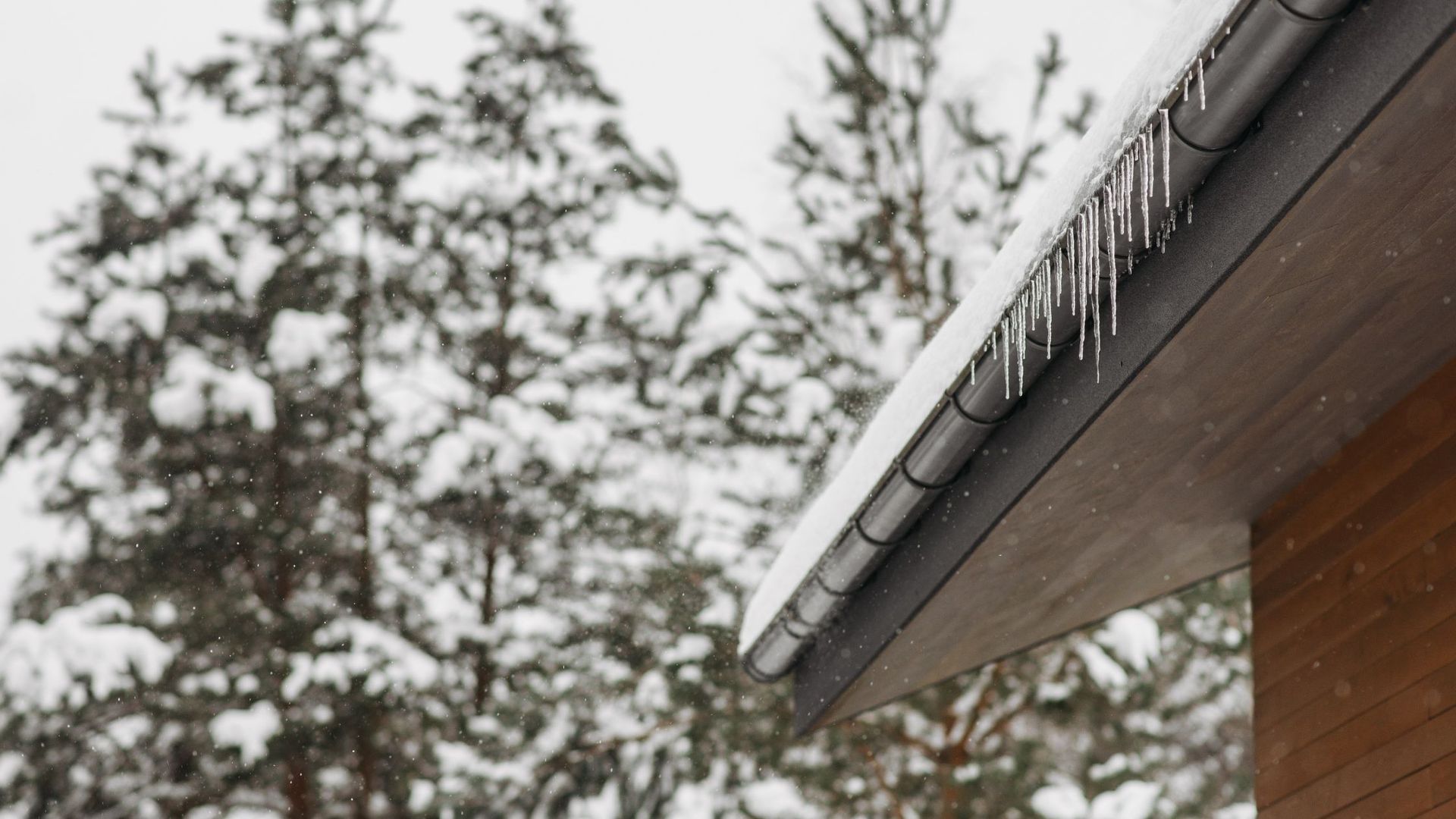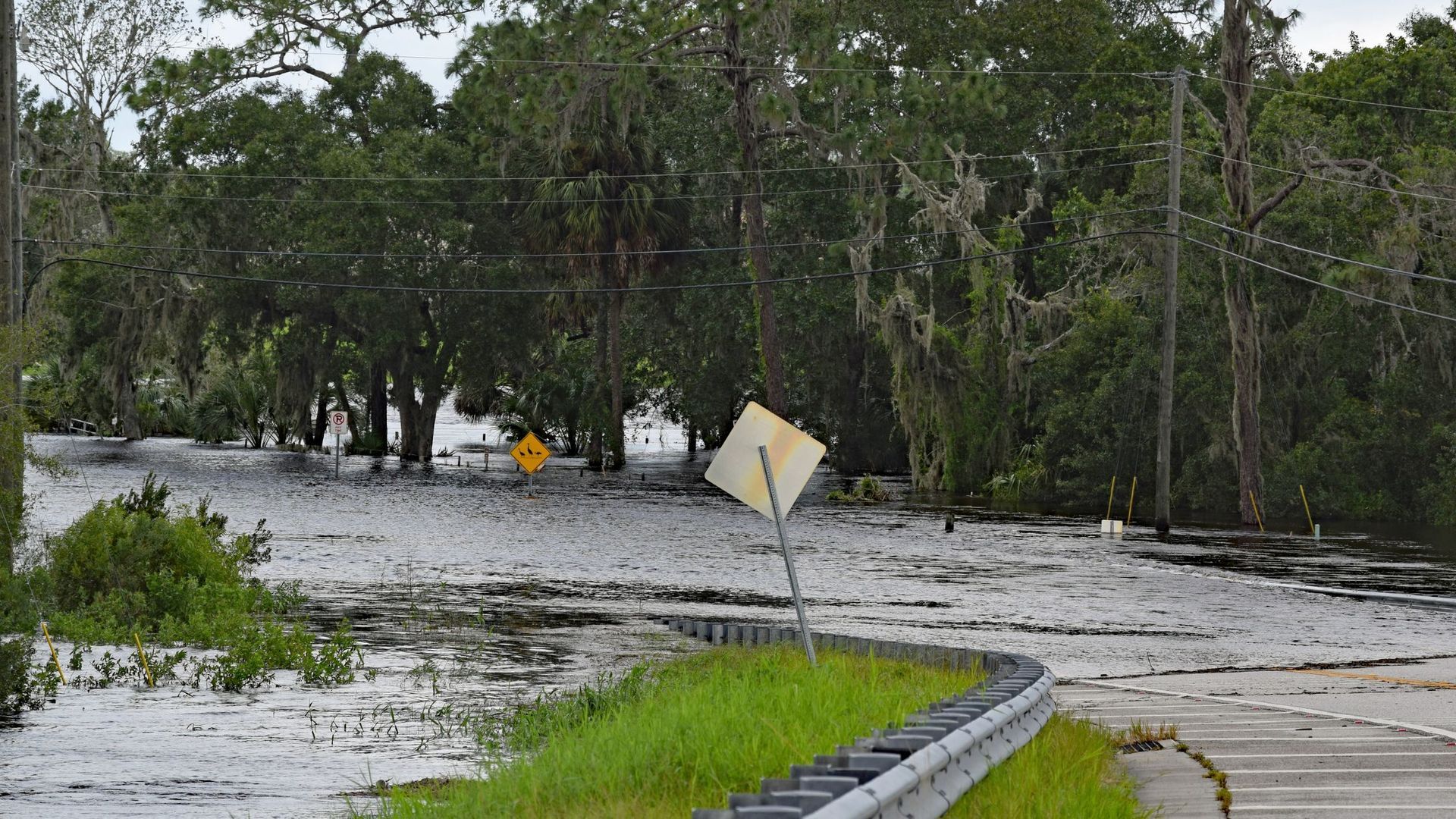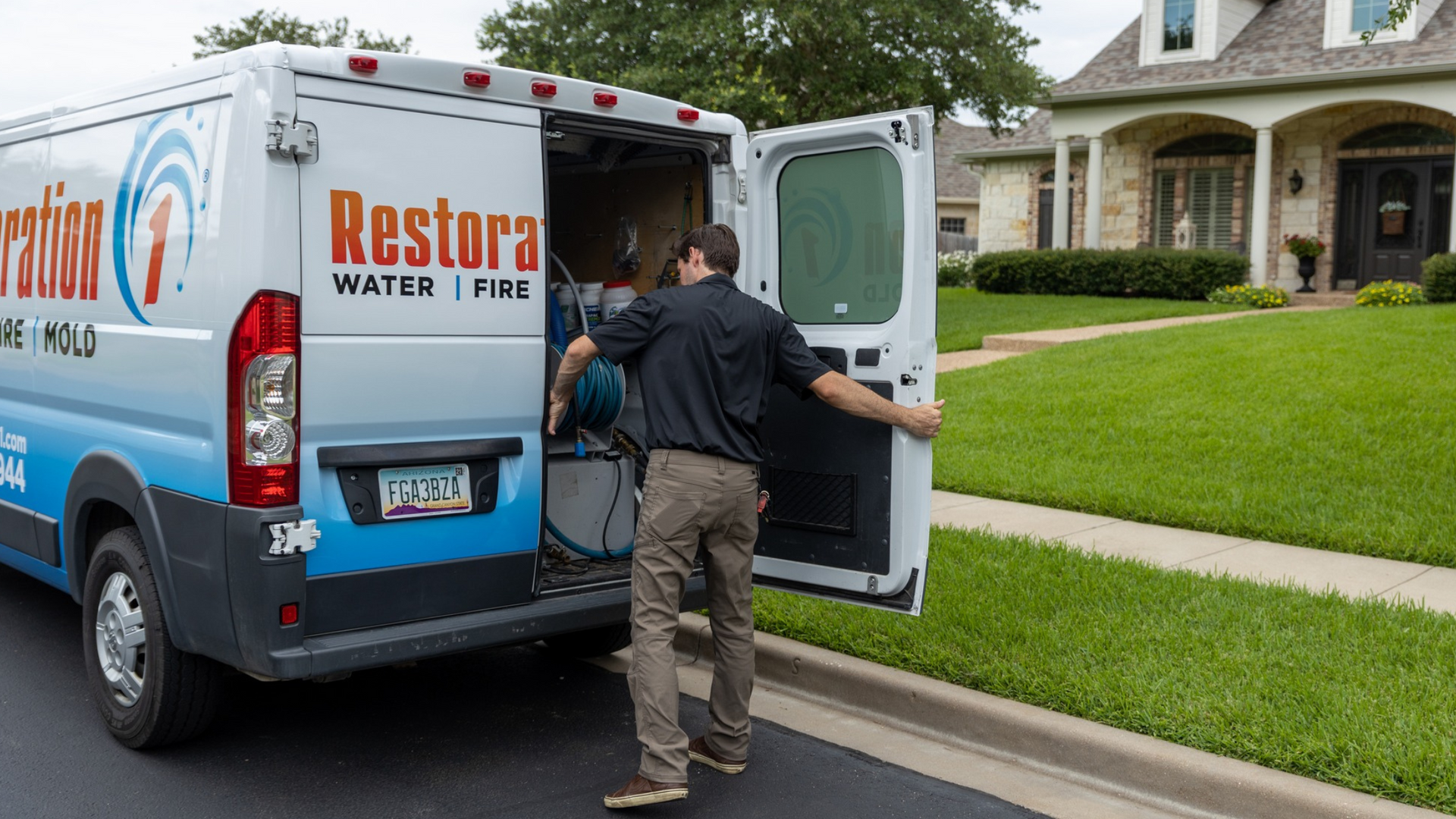TALK TO A REAL PERSON
24/7
The Effects of Carbon Monoxide Poisoning
The Effects of Carbon Monoxide Poisoning
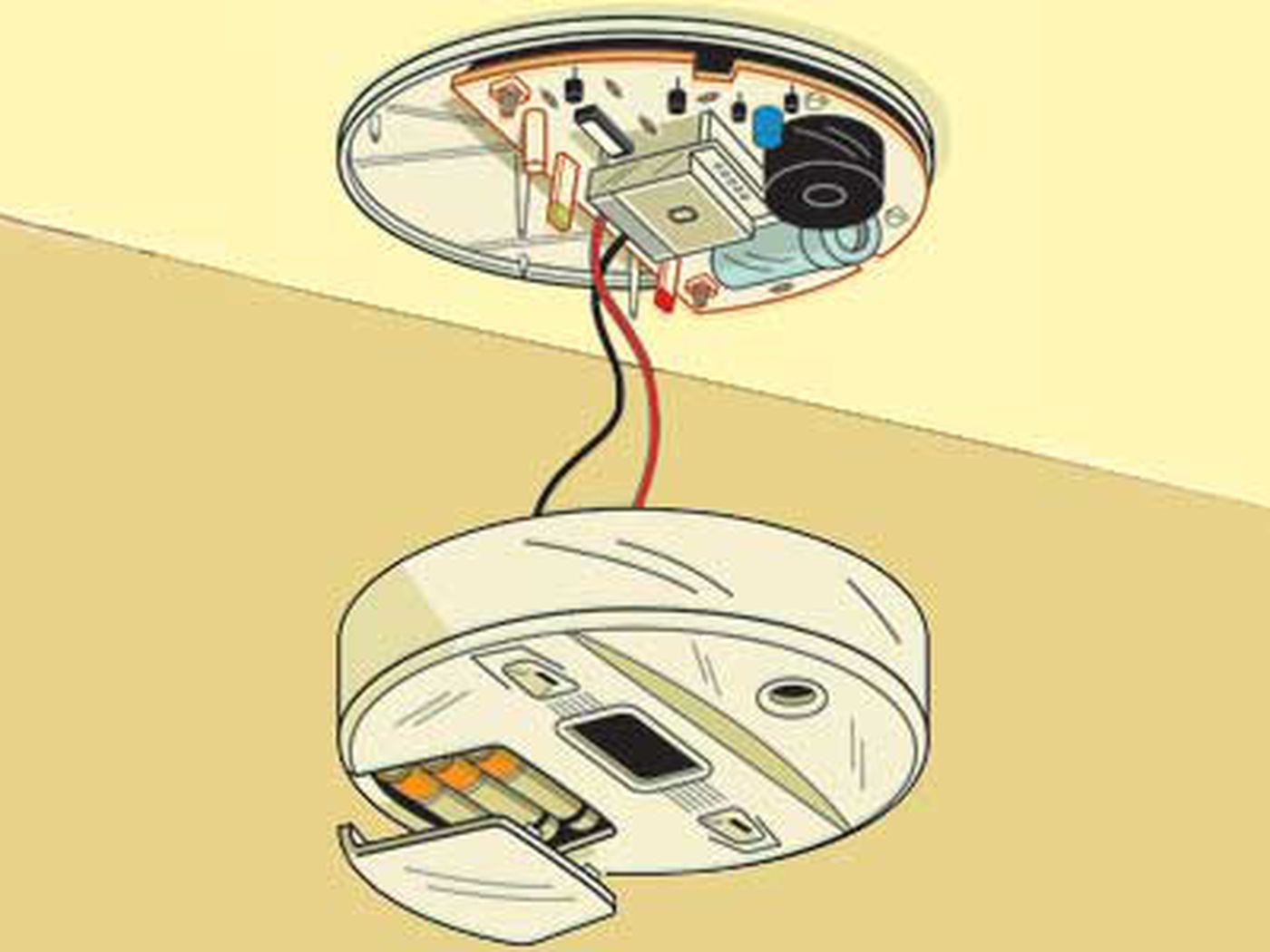
Over 430 Americans die each year from unintentional Carbon Monoxide (CO) poisoning, according to the Centers for Disease Control and Prevention, and over 50,000 people visit the emergency room as a consequence of CO poisoning. Furthermore, the death rates among Americans aged 65 and up were the highest.
What is carbon monoxide (CO)?
- CO is a colorless, odorless, and flavorless gas. It has the potential to cause serious health problems and even death in people who are accidentally exposed in their homes.
- This lethal gas can be found in combustion fumes produced by the combustion of fuel (gas, wood, propane, etc.) in a variety of appliances and machines. Stoves, fireplaces, gas ranges, lawnmowers, electric generators, automobiles, and other items are among them.
- CO can build up in enclosed or semi-enclosed spaces from these sources.
How CO affects your health
CO is mostly undetectable to the human senses, therefore people may be unaware they are being exposed to it. At first, the symptoms of low to moderate CO poisoning resemble those of the flu (but without the fever).
Some of the symptoms include headaches, exhaustion, difficulty breathing, nausea, and dizziness. If CO levels are high enough, CO poisoning can cause mental confusion, vomiting, loss of muscular coordination, loss of consciousness, and death.
CO poisoning can kill people who are sleeping or inebriated before they show any signs or symptoms. That's why knowing how to avoid carbon monoxide poisoning is so important.
What causes CO poisoning?
CO is absorbed by red blood cells more quickly than oxygen. The body may switch CO for oxygen in the blood if there is a lot of CO in the air.
This causes tissue damage and death by blocking oxygen from entering the body.
Both humans and animals can be harmed by CO poisoning. Unborn fetuses and infants, as well as anyone with chronic heart disease, anemia, or respiratory problems, are particularly vulnerable. Keep fuel-burning equipment and CO detectors in excellent operating order to minimize CO poisoning.
How to prevent carbon monoxide poisoning
- If you drive a vehicle with a tailgate, make sure the air in your car is moving by opening vents or windows as you open the tailgate. CO from the exhaust will pull into the car if only the tailgate is open.
- Install carbon monoxide (CO) detectors in your home.
- At least once a year, inspect your chimney for soot, debris, and corrosion. Hire a chimney sweep once a year to clean your chimney.
- When using gas-powered electric generators, exercise caution. They should never be used in your home, basement, or garage, and they should be kept at least 20 feet away from any windows, vents, or doors.
- Indoors, avoid using portable flameless chemical heaters (catalytic). These heaters do not have a flame, but they do burn gas, which can lead to CO buildup in your home.
- Even if the garage door is left open, never leave your vehicle idling inside a house or living space. To avoid CO build-up, have your vehicle's exhaust system inspected once a year by a mechanic.
- Never heat your home with gas ranges or ovens. Also, indoors, do not use gas camp stoves or charcoal grills. When you use these, CO can build up inside your house, cabin, or camper.
- Open the flues when the fireplace is in use. When the fire is completely out, close the fireplace or damper.
- A certified professional should inspect and/or service your heating system, water heater, and any other gas, oil, or coal-burning appliances at least once a year.
Tips for using CO alarms
A CO detector is the only way to securely detect carbon monoxide in your home. As a result, it's critical that CO alarms are installed and maintained properly, and that you know what to do if one goes off.
Tips
- CO detectors should be installed on every level of your home, as well as in any other locations where they are required by law, standards, or codes.
- Get carbon monoxide detectors that you can take with you when you travel.
- CO alarms should be purchased from a reputable retailer. Choose battery-operated alarms or alarms with a battery backup.
- CO alarms should be interconnected to provide the best protection. When one makes a sound, they all make a sound.
- Check to see if CO alarms have a label from a nationally recognized testing laboratory.
- CO alarms should be replaced every ten (10) years, but first, read the manufacturer's instructions. The lifespan of each CO alarm varies.
- To ensure that CO alarms are working properly, test them once a month by pressing the test button. Inform everyone in your household that the test will be conducted.
- Incorporate CO and smoke alarms into your home. Combination smoke and carbon monoxide detectors are also available
CO poisoning may injure both humans and animals, so don't take the chance! Take care to be safe. To minimize or reduce the risk of carbon monoxide poisoning, follow these guidelines. Restoration 1 can help with fire and smoke damage restoration.
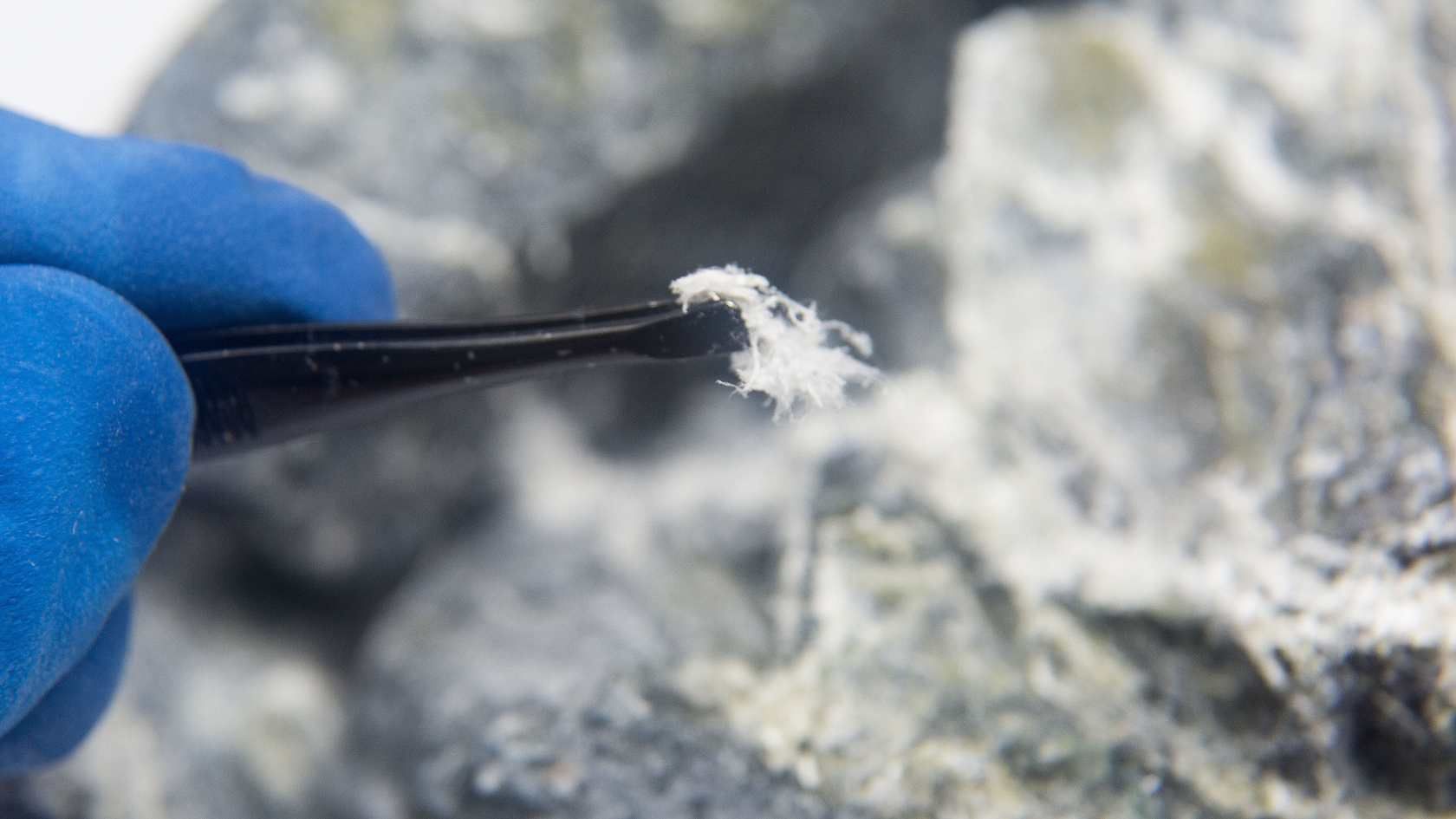

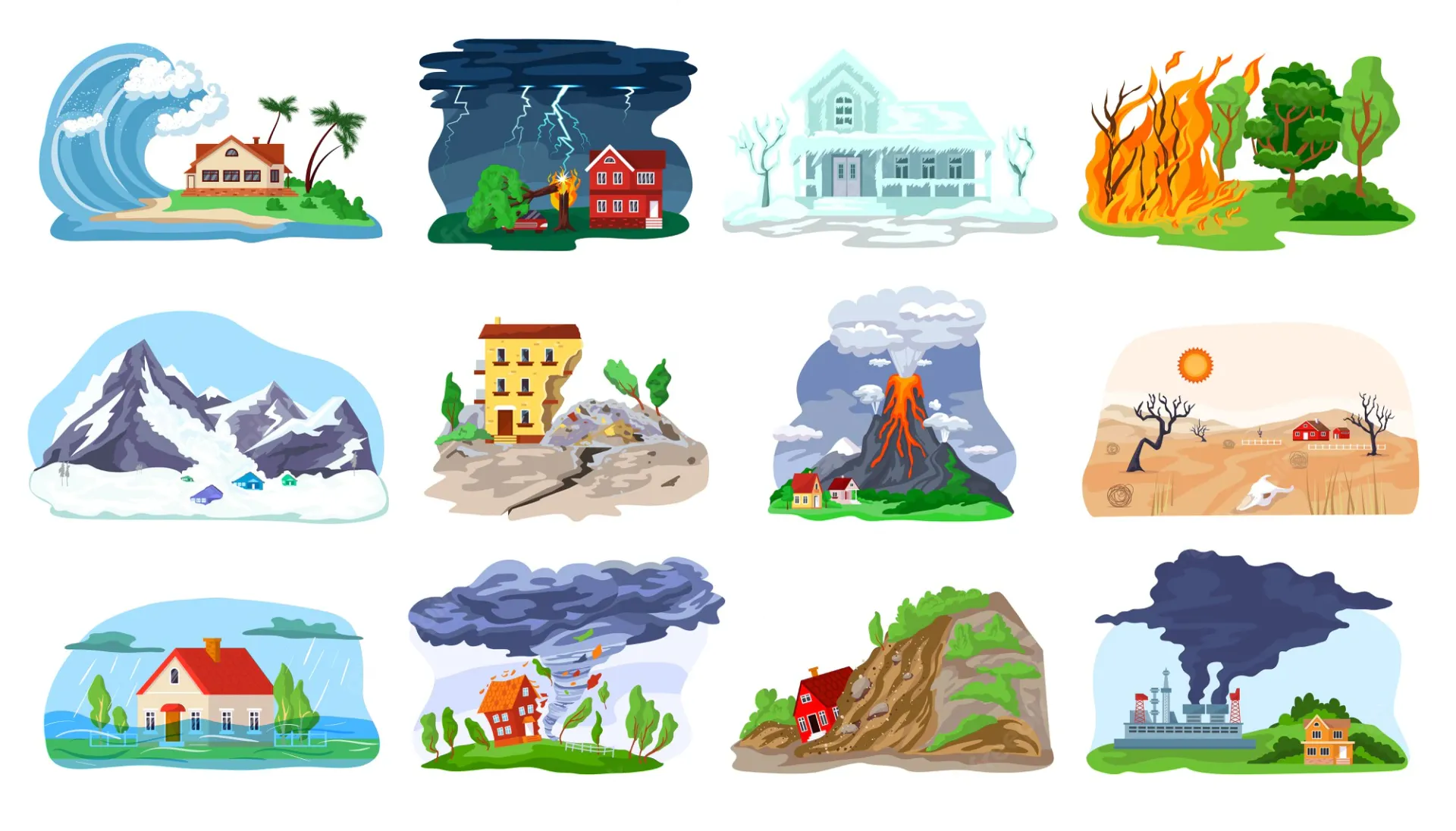
Restoration 1 Raleigh North
© 2023 Restoration 1 of Raleigh North

